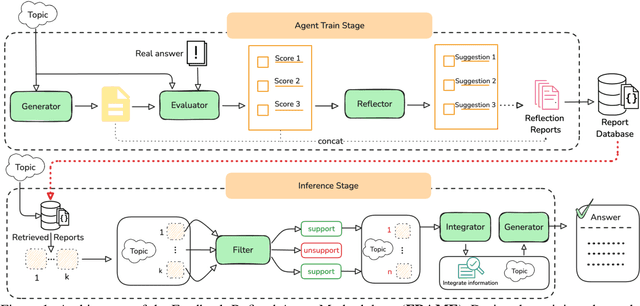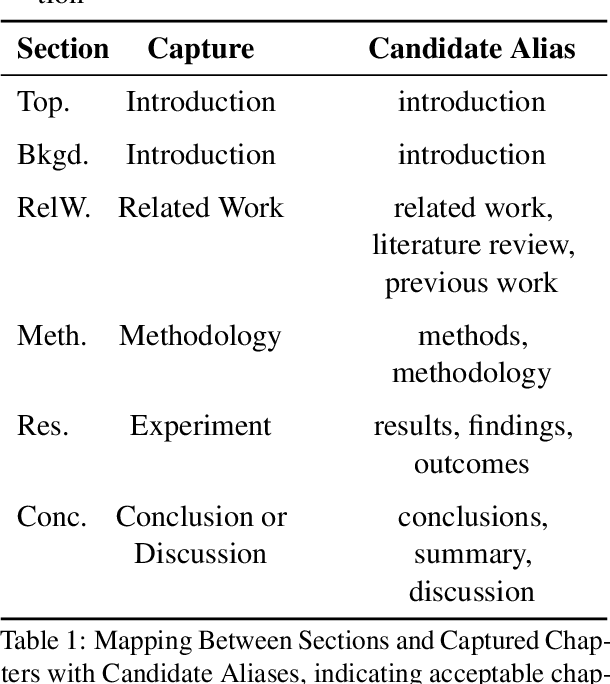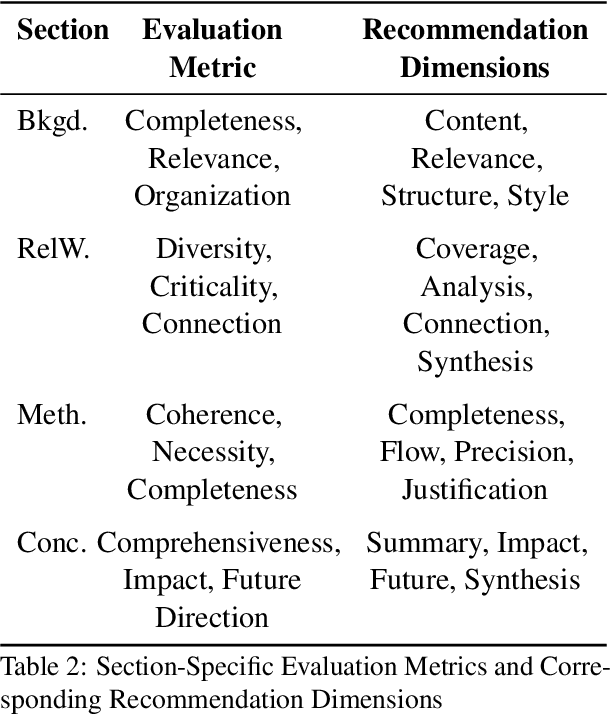Chengzhang Yu
Collaborative Medical Triage under Uncertainty: A Multi-Agent Dynamic Matching Approach
Jul 30, 2025



Abstract:The post-pandemic surge in healthcare demand, coupled with critical nursing shortages, has placed unprecedented pressure on emergency department triage systems, necessitating innovative AI-driven solutions. We present a multi-agent interactive intelligent system for medical triage that addresses three fundamental challenges in current AI-based triage systems: insufficient medical specialization leading to hallucination-induced misclassifications, heterogeneous department structures across healthcare institutions, and inefficient detail-oriented questioning that impedes rapid triage decisions. Our system employs three specialized agents - RecipientAgent, InquirerAgent, and DepartmentAgent - that collaborate through structured inquiry mechanisms and department-specific guidance rules to transform unstructured patient symptoms into accurate department recommendations. To ensure robust evaluation, we constructed a comprehensive Chinese medical triage dataset from a medical website, comprising 3,360 real-world cases spanning 9 primary departments and 62 secondary departments. Through systematic data imputation using large language models, we address the prevalent issue of incomplete medical records in real-world data. Experimental results demonstrate that our multi-agent system achieves 89.2% accuracy in primary department classification and 73.9% accuracy in secondary department classification after four rounds of patient interaction. The system's pattern-matching-based guidance mechanisms enable efficient adaptation to diverse hospital configurations while maintaining high triage accuracy. Our work provides a scalable framework for deploying AI-assisted triage systems that can accommodate the organizational heterogeneity of healthcare institutions while ensuring clinically sound decision-making.
FRAME: Feedback-Refined Agent Methodology for Enhancing Medical Research Insights
May 06, 2025



Abstract:The automation of scientific research through large language models (LLMs) presents significant opportunities but faces critical challenges in knowledge synthesis and quality assurance. We introduce Feedback-Refined Agent Methodology (FRAME), a novel framework that enhances medical paper generation through iterative refinement and structured feedback. Our approach comprises three key innovations: (1) A structured dataset construction method that decomposes 4,287 medical papers into essential research components through iterative refinement; (2) A tripartite architecture integrating Generator, Evaluator, and Reflector agents that progressively improve content quality through metric-driven feedback; and (3) A comprehensive evaluation framework that combines statistical metrics with human-grounded benchmarks. Experimental results demonstrate FRAME's effectiveness, achieving significant improvements over conventional approaches across multiple models (9.91% average gain with DeepSeek V3, comparable improvements with GPT-4o Mini) and evaluation dimensions. Human evaluation confirms that FRAME-generated papers achieve quality comparable to human-authored works, with particular strength in synthesizing future research directions. The results demonstrated our work could efficiently assist medical research by building a robust foundation for automated medical research paper generation while maintaining rigorous academic standards.
A Self-supervised Pressure Map human keypoint Detection Approch: Optimizing Generalization and Computational Efficiency Across Datasets
Feb 22, 2024



Abstract:In environments where RGB images are inadequate, pressure maps is a viable alternative, garnering scholarly attention. This study introduces a novel self-supervised pressure map keypoint detection (SPMKD) method, addressing the current gap in specialized designs for human keypoint extraction from pressure maps. Central to our contribution is the Encoder-Fuser-Decoder (EFD) model, which is a robust framework that integrates a lightweight encoder for precise human keypoint detection, a fuser for efficient gradient propagation, and a decoder that transforms human keypoints into reconstructed pressure maps. This structure is further enhanced by the Classification-to-Regression Weight Transfer (CRWT) method, which fine-tunes accuracy through initial classification task training. This innovation not only enhances human keypoint generalization without manual annotations but also showcases remarkable efficiency and generalization, evidenced by a reduction to only $5.96\%$ in FLOPs and $1.11\%$ in parameter count compared to the baseline methods.
 Add to Chrome
Add to Chrome Add to Firefox
Add to Firefox Add to Edge
Add to Edge